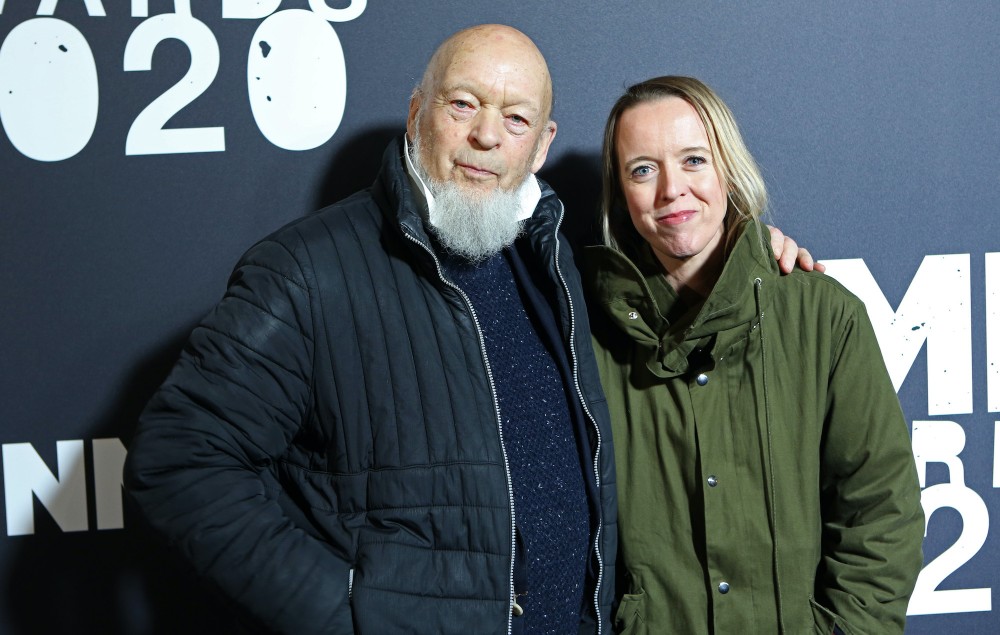MPs to examine the future of UK music festivals in new DCMS Committee inquiry
MPs on the Digital, Culture, Media and Sport (DCMS) Select Committee are set to examine ways to safeguard the future of UK music festivals following an extremely tough year for the sector as a result of the coronavirus pandemic.
The 2020 festival season was shelved due to the health crisis, with major festivals like Glastonbury, Reading & Leeds and Wireless all cancelling their scheduled events this year.
The DCMS Committee have now launched an inquiry into the survival of UK music festivals in the future, with the Committee noting that festival cancellations have resulted in revenues being down by 90% in 2020.
The Committee say that their inquiry will “consider UK Government policy to support music festivals due to take place in 2021 in the face of immediate pressures, and consider the economic and cultural contribution that music festivals make to the UK”.
The inquiry will also look into the possibility of festivals resuming next year if they are COVID-19 secure “and comply with all relevant legislation” — however, “social distancing requirements will determine the financial and logistical viability of an event”.
Questions will also be asked about how festivalgoers will respond to a socially distanced festival experience, while examining how the “uncertainty of the public health situation and legal requirements” next summer will present a further risk for festival organisers.

Festivals bosses are already planning their events for 2021, with Glastonbury founder Michael Eavis suggesting last month that “massive testing arrangements” could be in place at his Worthy Farm festival if it is able to go ahead as planned next summer.
Speaking to NME back in September, Reading & Leeds boss Melvin Benn maintained that “everyone will be tested” for coronavirus at next year’s festivals.
“We don’t need a vaccination because we can work through the problem with a really good testing regime. We’ll be able to do this by next year,” he said.
“If there is a vaccine, there will be sufficient for the old and the vulnerable. Young people can resist it. The government know that now. In March and April, they didn’t know that. Everybody was shit-scared and that’s inevitable, but as we’ve learned more, we know the strong and healthy are able to survive it.”
DCMS Committee Chair Julian Knight MP said in a statement that “the collapse of the vibrant music festival sector this year is a real cause for concern”.
“The majority of festivals have been cancelled with the money they generate down by 90% and real risks surrounding their future viability,” he said.

“We have so many legendary festivals that have given the UK a worldwide reputation – it would be devastating if they were unable to come back with a bang, or if smaller festivals that underpin the talent pipeline disappear entirely. We want to hear from festival staff as they face huge pressures, fans who’ve missed out, as well as musicians on the contribution that festivals make to our culture and economy.
“It’s crucial that support to enable music festivals to go ahead in 2021 and beyond is put in place. We’ll be assessing what’s been done so far and what more needs to be done to safeguard the future of festivals.”
MPs will also consider “the impact on communities, ticketholders and suppliers from the potential collapse of festival businesses, as well as the considerable freelance workforce affected by cancellations”. The beneficial impact of music festivals to local economies will also be taken into account.
The DCMS Committee is inviting written submissions for the inquiry, which need to be submitted by December 9. You can find out more information about that and the DCMS Committee on music festivals here.
Earlier this week, the CEO of concert giant Live Nation said that the company expects to overcome the obstacles posed by coronavirus next summer in order to host “full scale” shows.
